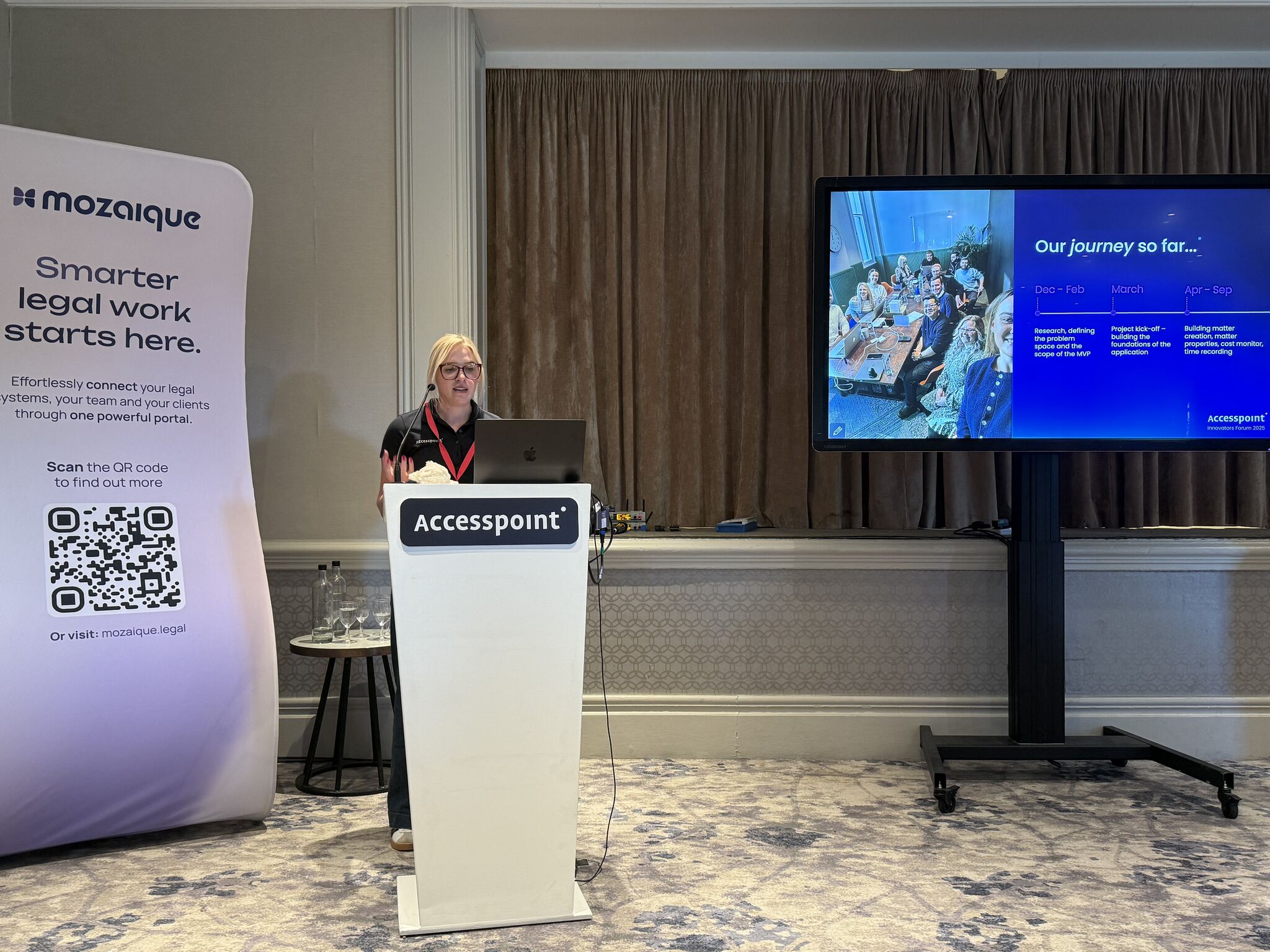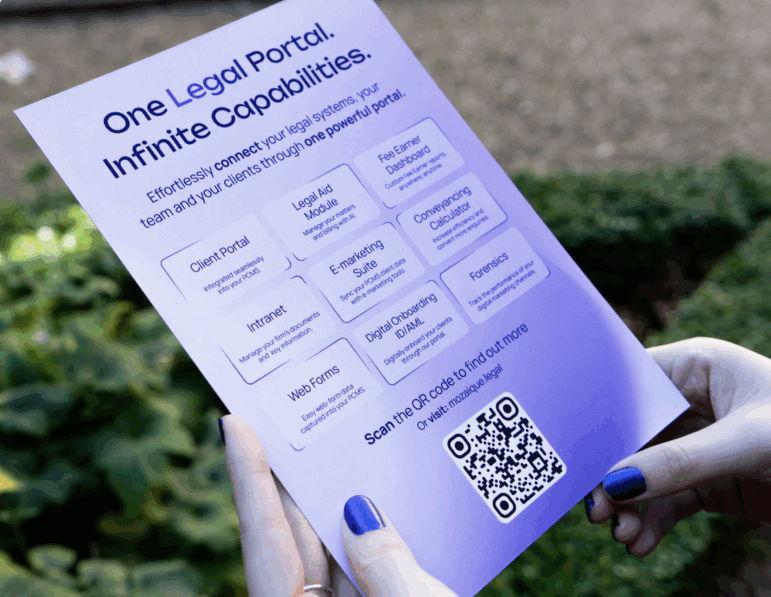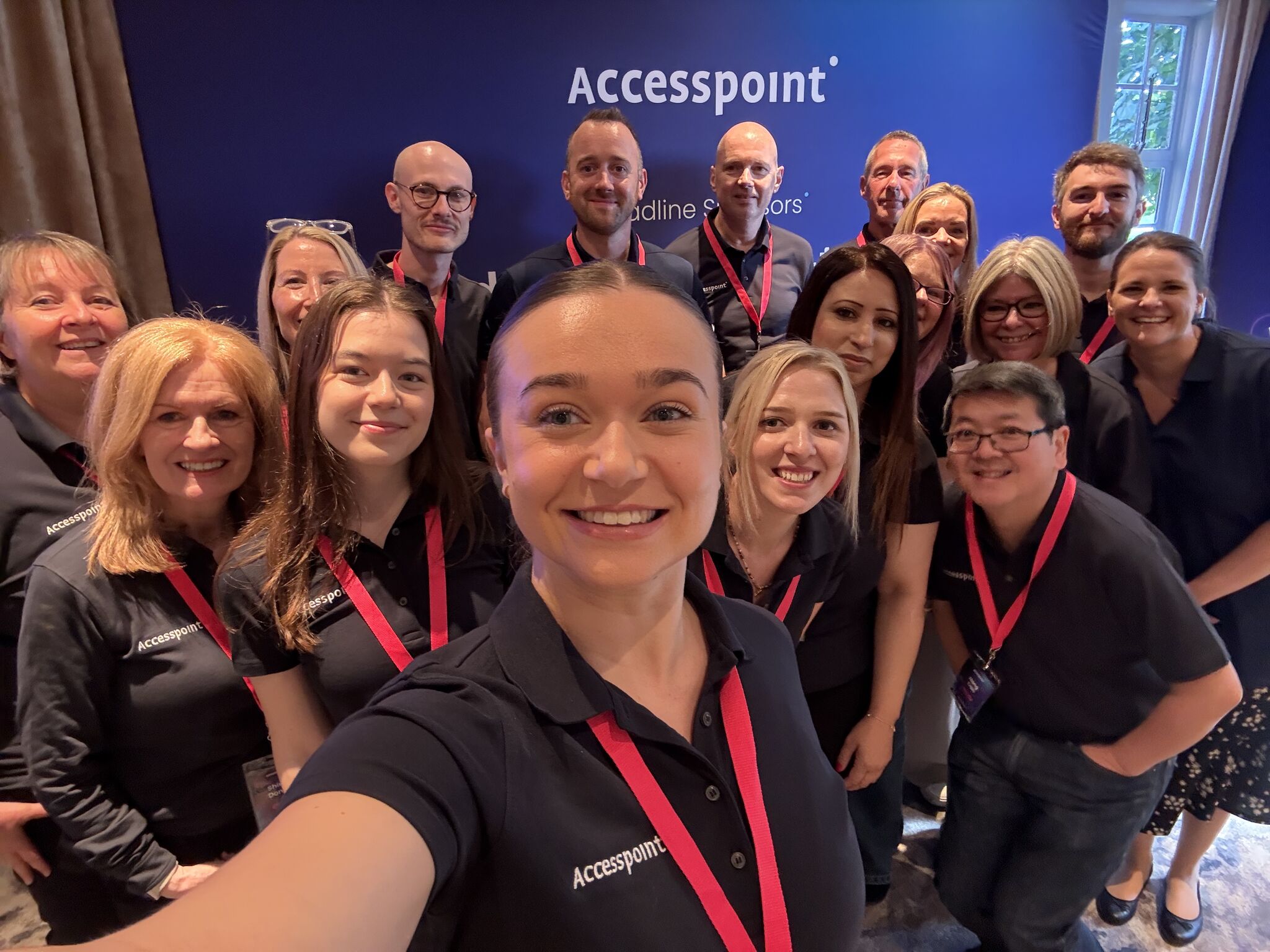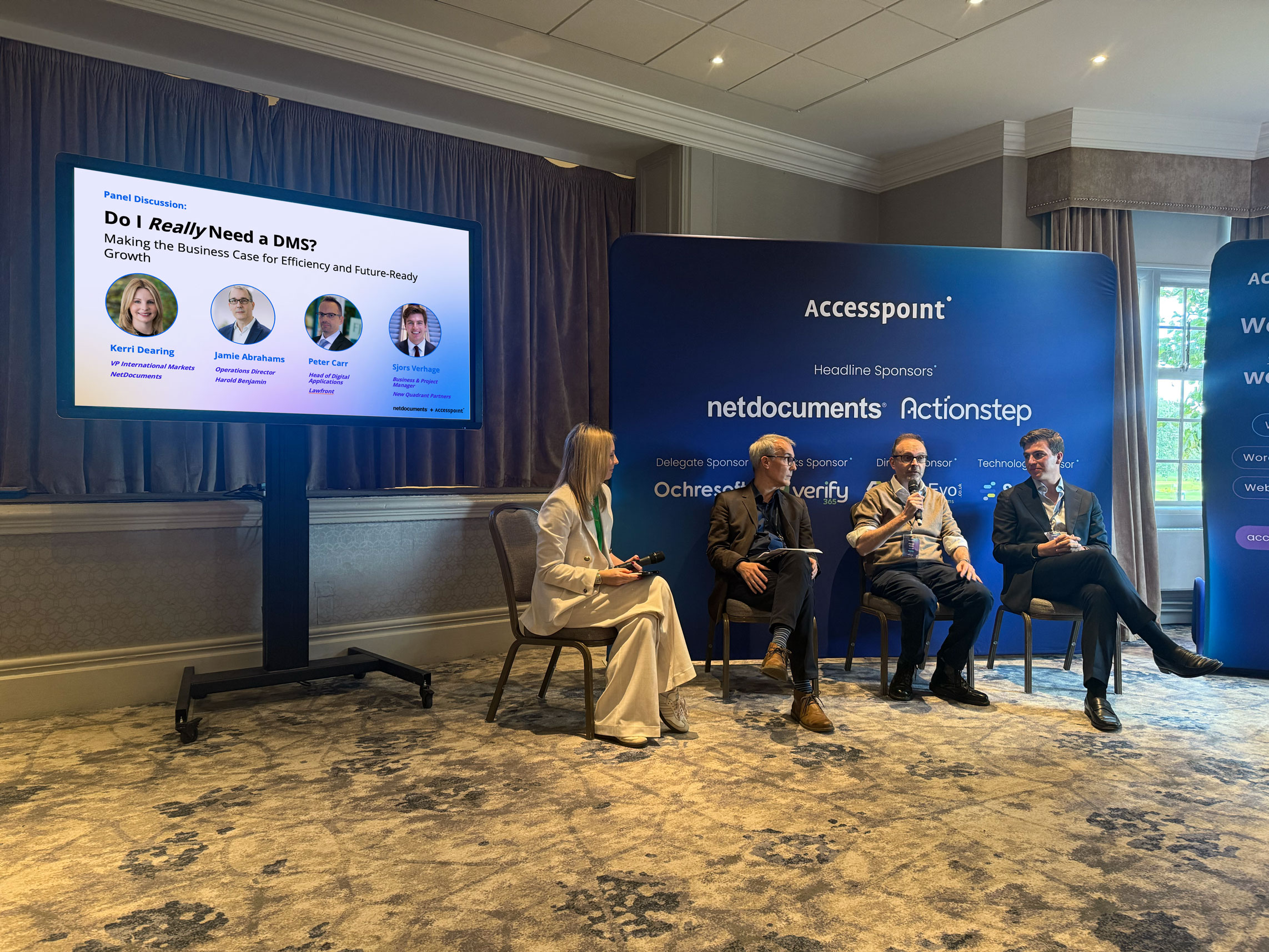Overview
When building an online presence, how do you know where to start?
As a law firm, you may find yourself asking Google questions such as:
- How do I know if my branding is good?
- Do I need a new logo?
- Does my website need refreshing?
- How many blogs a month should I write?
- Do I need to invest in SEO?
- Is it important for me to post on social media?
- Why do I need to post on social media?
- How do I remove bad Google reviews? (this is a common one!)
- And the list continues…
In this article, I want to discuss the most important digital touch points that when powerfully combined, create a strong online presence across the entire board. We’re talking your identity, content creation (blogs), social media, your website, and most importantly–what all this stuff orbits around–your branding. So let’s start there.
Branding: brand guidelines are the rule book of your law firm’s appearance.
Branding is the first impression in everything you do. It’s not just a pretty logo with nice colours, it’s your tone of voice, what you stand for and who you are, wrapped up in a beautiful aesthetic that draws people in, then makes them want to come back for more when they understand just how brilliant you are.
Why might I need a Creative Designer?
To ensure your branding is spot on, you could do with instructing a Creative Designer to set out some brand guidelines for you (or tweak your existing ones). This covers everything from your logo and the rules around using your logo, your font and the different font weights used for headings versus body text, your ‘style’ such as shapes used throughout your branding and the exact colour palette you use. Eventually, your clients will begin to associate you with certain colours and appearances, but only if you remain consistent.
For example, your website may use ‘Poppins’ font and was designed by Accesspoint. Then you hire an internal Marketing Assistant and they start posting on social media using ‘Impact’ font and decide to invert your logo so it’s black on a white background. All these inconsistencies happen when there is no ‘rule book’ in place. Aka, brand guidelines. And in turn, you look unprofessional and untrustworthy to the public eye.
Why are Brand Guidelines important?
Branding is a vital first step in securing the foundation of exactly who you are, what you’re trying to say and what you’re all about, all while ensuring professional presentation and consistency. If there’s ever a need to out-source promotional items such as business cards or flyers, having a well-defined and accepted set of brand guidelines is necessary to maintaining your desired branding and look. It gives you full control of who you are and how you portray yourself to your clients.
Your identity in 2025: let’s talk tone of voice
In the last 12-months, what we’re finding at Accesspoint is a shift from corporate, formal language to professional but friendly and approachable voices*. The psychology behind this always links back to our favourite phrase of people buy from people.
I know it’s not always possible to put everything in the language of your clients. Some terminology is just complex by nature. However, your tone of voice should be approachable and friendly, whilst still reflecting the values of your brand. It’s a tricky balance, but with the right help, is definitely achievable.
E.g. You want to get a client to contact you. Which sounds better?
- If you are looking to instruct a solicitor, contact us today.
- Looking for a law firm to help you? We’d love to chat.
Option 2 is approachable and less intimidating, but not so informal to the point it hurts your professional brand image. Make sure your tone of voice is right and consistent throughout your entire website. This must also match up with your tone of voice across social media.
Your tone of voice is for you to decide, but if you find yourself going through a re-brand or instructing an agency (hopefully us) for a new website, you may want to consider re-branding it.
*Identity is not a one-size fits all approach for law firms. We see firms that formed 150 years ago and have retained their corporate voice for consistency throughout their years of practicing. And that is absolutely FINE! That tone of voice may suit their branding and their positioning in the market, and they may find that that’s always worked for them and changing it now would be really strange. If this example applies to you and your firm, be proud of your legacy and the way you do business.
Your website: knowing when to get a new one is tough
You’re not an expert in websites and you’re not expected to be. That’s why there are specialists like us here to help you with this decision so you know when it’s the right time to invest in a new website.
If you’re noticing your website is slow, doesn’t look like it belongs in 2025 and are struggling to bring in any business through it, you need to do a full audit. The word audit can seem rather daunting, but in simple terms, all you need to do is visit your website in a client frame of mind, put your client hat on, and ask yourself the following questions:
- Is my website fast loading?
- Is my menu easy to navigate?
- Is the mobile version of my website responsive?
- Does my website use the tone of voice of lawyers or clients?
- Is my site SEO friendly and optimised?
- And finally, does my website look modern and like it’s ready for 2025?
This is always the first and easiest step to knowing whether you’re in need of a new site. Unfortunately, we shop with our eyes. We always have! Aesthetically pleasing shop windows, pretty book covers, vibrant and detailed packaging, slick branding… And your website’s aesthetic is the first stop clients make before venturing deeper into your ‘about us’ section or your ‘our people’ pages. But if it doesn’t look the part–if it’s outdated and looks like it belongs in the era of Windows ’98–how do you expect people to take you seriously? If you’re not taking your brand or online appearance seriously and moving with the times, you’re at risk of being left behind–at risk of clients leaving you behind.
Content Creation: how many blogs should you be writing?
You are the expert in your legal specialism: prove that you are through writing articles about subjects that clients want answers to. E.g. why do I need a Will? Who is the legal owner of a grave? How are gifts treated in divorce? These are a few of many queries that clients will be searching on Google, and you can bring those potential clients onto your website by writing articles about the questions they search.
We recommend aiming for one article per week but understand this is tough for busy fee earners. Therefore, start off small: one article per month, then one every fortnight and then one per week. Showcasing your expertise through articles helps strengthen your online position. Articles not only help boost your credibility, but they also boost your discoverability on Google’s Search Engines. And if you were to ever consider an SEO Expert, our very own Rich Holgate specialises in identifying the top-searched queries that you can capitalise off, write content for, and reach the top of the SERP (Search Engine Results Page) through his guidance.
Keywords are king when it comes to making sure your articles are discovered. Optimising your content so that it aligns with what people are actually searching for is paramount. For example, if a person searches in Google for “divorce solicitor leeds” and your content mentions “divorce solicitor leeds” then you have just boosted your chances of being noticed! Keywords are just the tip of the iceberg though – there’s so much more you can do. Find out more and check out my article below on how to get your blogs seen.” – Rich Holgate, SEO Specialist at Accesspoint.
Enhancing your online presence (SEO)
This leads nicely into the topic of SEO. You’ve now got your consistent branding, you’ve invested in a new website, you’re posting blogs once a fortnight… now what? How do you know people are finding you? Or that your investments are working?
Once you’re doing all the right things, it’s time to get an expert to boost your efforts and guide you in the right direction. As touched on above, posting articles is brilliant and having a beautiful consistent brand is also brilliant. However, how do you know where people are finding you from? How do you know what keywords your article is showing under? And how do you monitor your position on the SERP (Search Engine Results Page) when you don’t even know what keywords you’re ranking for?
How can an SEO expert help?
An SEO expert will act as your advisor and researcher to guide you in the right direction and boost your online presence. Your visibility will increase, your monthly searches will increase, and your quarterly bespoke reports will detail and prove all the efforts your firm and your chosen SEO expert have worked on together. With this said, SEO doesn’t stop at keywords and achieving number one positions. It’s a constant technical audit too to ensure your website isn’t littered with broken links or slowed down by large, un-optimised images. Things like this just make visitors irritated.
You want to provide your website visitors with a brilliant user-experience that encourages happy clicks and continuous navigation. An SEO expert can help with just that, and more.
Social Media
Your social media profiles are yet another digital touchpoint to build your integrity and personality online. Your clients/future clients will search you on socials. Whether that be Facebook or LinkedIn or Instagram, they will hunt you down and have a nosey at what you’re about.
This is where your brand guidelines come in. Your social media branding should be a consistent extension of your website: identical logos, consistent creatives and a logo that is used in accordance to your rule book (guidelines).
What should you post?
With this in mind, social media isn’t a place to simply pump out corporately designed posts of your contact information or a link to your website. It’s an opportunity to create a perfect blend of personality and professionalism. We highly encourage law firms to share raw pictures of the people that make up the business. After all, you are who your client will be dealing with. So ask yourself:
- Have you had a recent work event?
- Roof-top drinks at your London office?
- How about one of you was awarded at a recent legal event and you attended?
- Do you have a staff sports day?
- What about a staff BBQ?
- Is it the Managing Partner’s birthday? Are you celebrating?
- Do you donate to charity?
All of these situations are opportunities for you to share what the people at your firm get up to. This, coupled with consistent branding, humanises you as a firm. It places you in a relatable light, where potential clients don’t see you as intimidating legal professionals, but rather a professional who is friendly and HUMAN.
A strong social media strategy combined with a fresh website, expertly written articles, a consistent tone of voice across all platforms AND consistent branding all creates a strong online presence.
Google Reviews
You know how good you are at what you do, but nothing will truly communicate your perceived worth with as much impact as the paying customer’s feedback. Encourage clients to leave Google reviews by linking them to your Google My Business page once you’ve closed their case. You can also add this step to the bottom of closing letters to create a less admin-heavy task in collating reviews.
Consumers rely heavily on Google reviews to make informed purchasing decisions, and it’s a critical step in the decision-making process for our online clients. So the more good reviews you receive, the better your online reputation and the more sway you have over clients shopping around online. But what happens when you get a bad review?
Can you remove the bad reviews?
Yes, but I wouldn’t, and here’s why…
Many of our clients have been approached by ‘online reputation management’ companies that claim they can remove your Google reviews, which is a rather tempting invitation when you’re biting your nails down to the cuticle over a review slandering the firm. But did you know it’s physically impossible to remove specific reviews unless they violate Google’s policies? These companies forget to inform you in their initial pitch that to remove said negative review, they purge your entire Google listing so you can start again on a blank canvas. This consequently does more damage than good to your online presence. You go from having a mix of (majority) 5 star and (some) 3 and 1 star reviews, to none at all. Your trust is gone, future clients will be sceptical as to why you have no reviews, and to omit the bad, you’re erasing all the good.
In summary, make sure you follow the below steps to effectively manage your Google Reviews, maintain trust with clients, and keep your online presence strong:
- Encourage google reviews by sending the link to clients once a case is closed, or adding the link to closing letters.
- Don’t ignore ANYONE. Thank your cheerleaders and then fight your corner in the politest way to anyone trying to damage your online reputation. Try and fix it. Reach out to the client. Openly leave your contact details on the review to show that you want to sort this issue.
- Report any reviews that violate guidelines. If members of your staff are being personally attacked or a 1-star review is left with no additional comments, these should be easily removed under grounds of harassment or lack of information.
- Treat your reviews like a thousand people are judging you. Always reply politely, but in a way that gets your point across to the reviewer and the social listener that you believe the review is either fake, or you are deeply sorry for their bad experience and wish to resolve it.
To summarise…
- First, get your branding sorted and establish (or re-visit) your brand guidelines.
- Establish your tone of voice and write this into your guidelines. Check that your TOV is consistent across your website, social media, and printed marketing collateral such as brochures and flyers.
- Conduct an audit on your website and ensure it’s modern and appealing. Then cross-check your website with your brand guidelines to make sure everything is synergised.
- Create a content strategy: decide which fee-earner is responsible for what blogs every fortnight (or every month if you wish to start small). Then consider instructing an SEO expert to help you capitalise off your content and more.
- Audit your social media and check if it is in line with your guidelines and whether it’s genuinely a fun and exciting platform to look at. Consider instructing a social media specialist to conduct your social media plans, write captions in your TOV and schedule for you. This is a good idea if you don’t have time for social media and need guidance.
- Ensure you respond to the good AND bad Google reviews. There’s nothing worse than a business that respond to the good and ignore the bad. Do it for those who could be watching HOW you respond, which in turn could impact their decision to instruct you.
If there’s one word that comes to mind when considering your online presence, it’s consistency. Establishing a strong online presence isn’t an overnight task. It requires organisation, planning and lots of patience. But if you remain consistent in your efforts across all digital platforms, you have yourself a holistic presence that increases your integrity, credibility, visibility and client trust in you.

Contact Olivia today
If you want to chat about anything in this blog or you want to discuss digital marketing for your law firm and how Accesspoint can help, then email me today. And don’t forget to check out our client case studies below!









